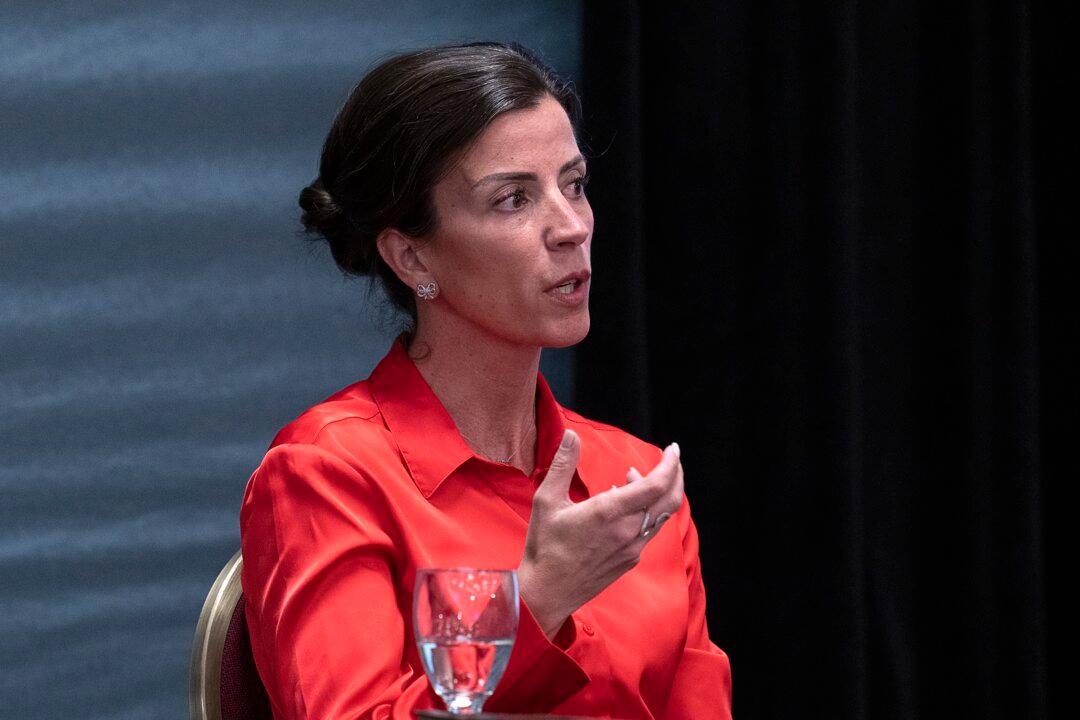A second RCMP employee has alleged that RCMP Commissioner Brenda Lucki was under political pressure to reveal the types of firearms used in the 2020 mass shooting in Nova Scotia.
The Mass Casualty Commission (MCC) looking into the tragedy released additional documents on June 28, one of which was an email letter to Lucki from the Nova Scotia RCMP strategic communications director at the time, Lia Scanlan.





